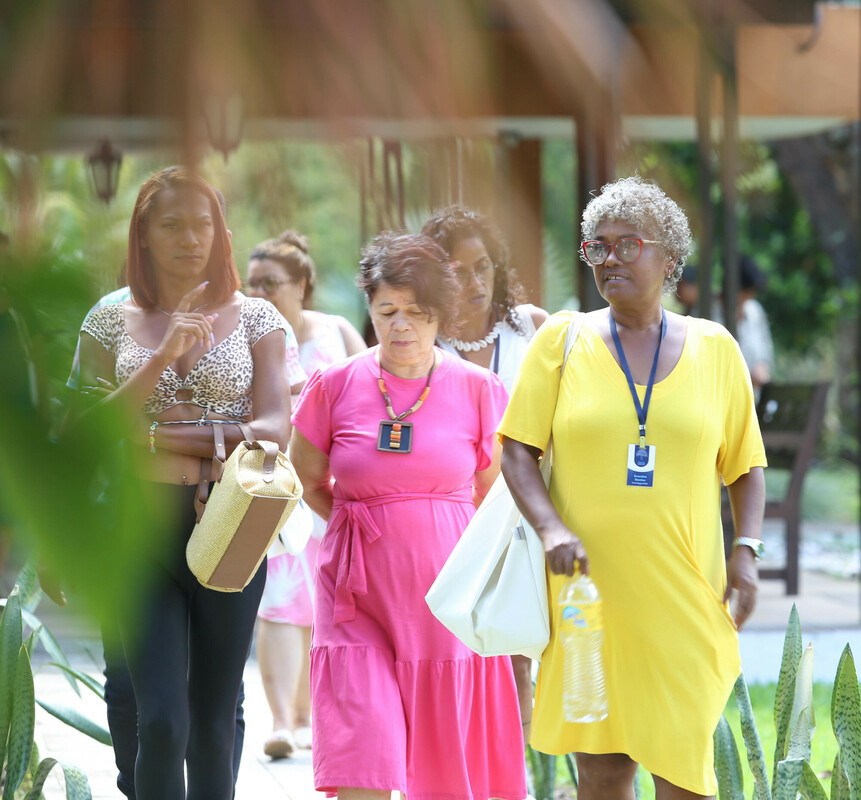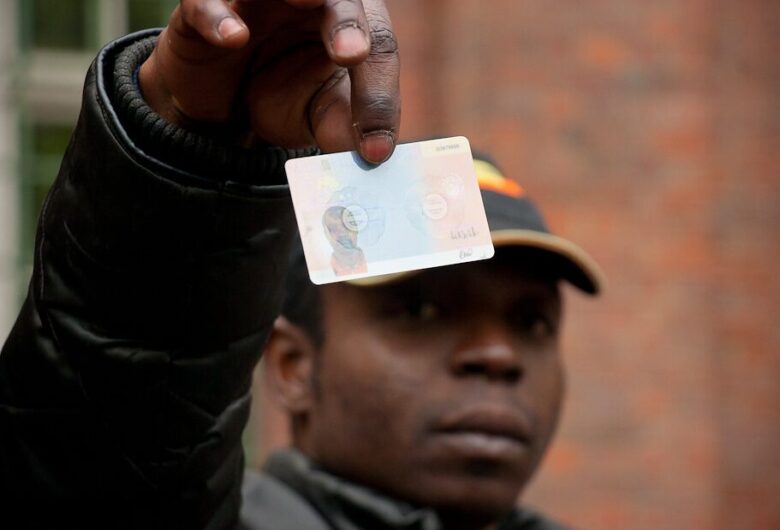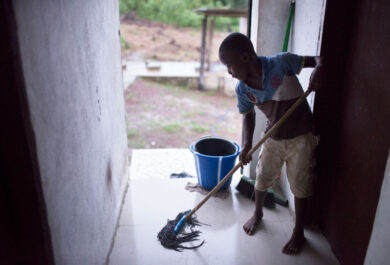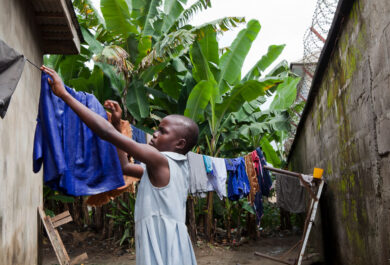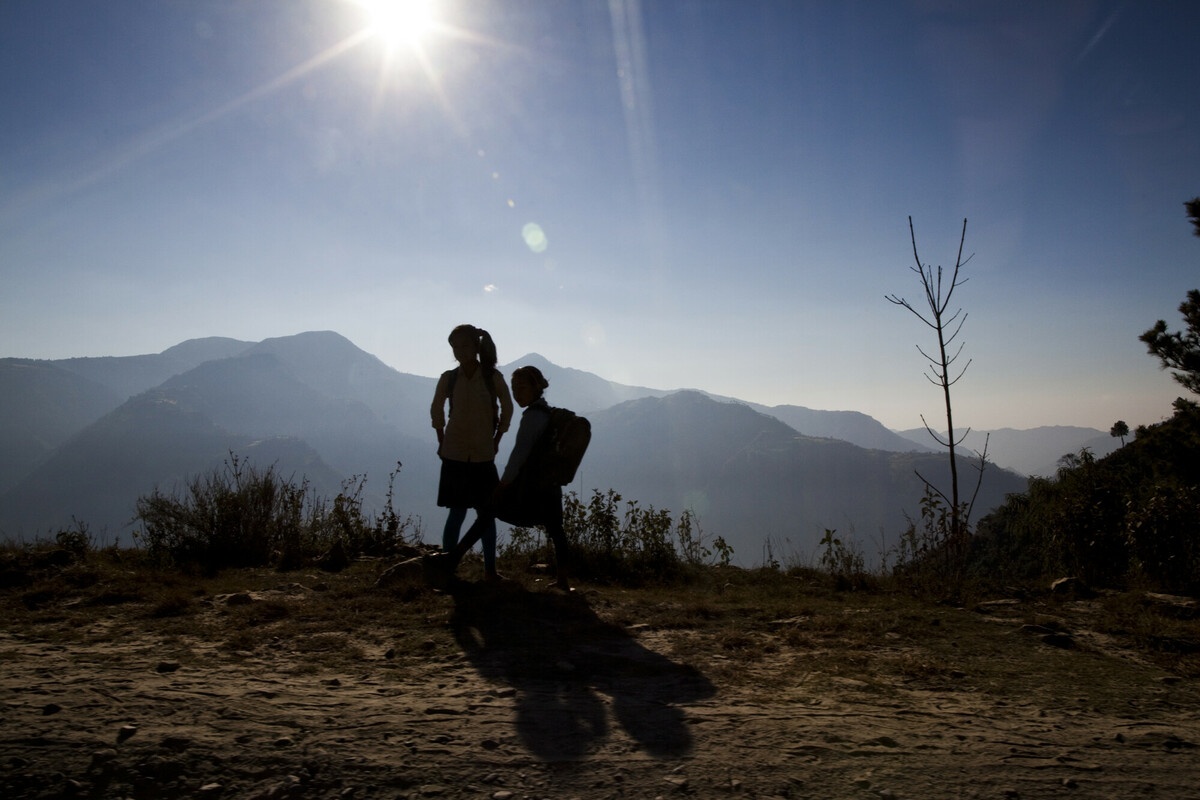
Our story
We are proud at the Freedom Fund of all that we have accomplished since our founding in 2013. We have a long way to go to end modern slavery, but it is worth reflecting on how far we have come.
The Freedom Fund has directly impacted over 1.65 million people in our first ten years. Since our inception, we have now supported 225 frontline anti-slavery organisations, have worked in 16 countries, and we have influenced the systems impacting on millions in slavery or at risk of it.
2013
- Humanity United, Legatum and Walk Free announce the creation of the Freedom Fund.
Our impact
We are a catalyst in the global effort to end modern slavery. We measure what works, we learn from our results, and we share our knowledge.
2014
55,767 lives impacted
- Nick Grono commences as CEO of the Freedom Fund.
- Launch our first two hotspot programs to combat bonded labour in northern India and south-eastern Nepal.
- The Stardust Fund joins as a new partner and anchor donor.
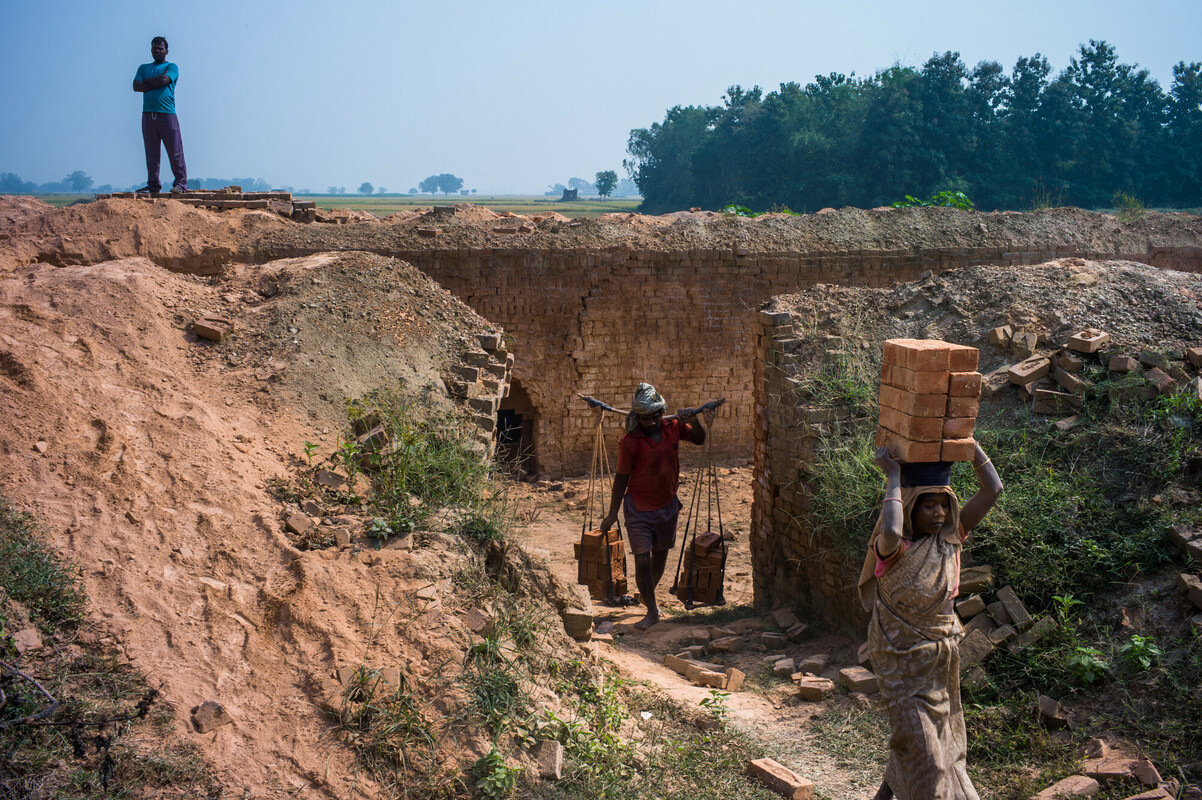
2015
151,653 lives impacted
- Launch four hotspots – in Ethiopia, Thailand, Kathmandu and Tamil Nadu.
- Establish an initiative to promote strategic litigation against governments and businesses that are not meeting their legal obligations toward ending modern slavery.
- Nick Grono addresses the United Nations Security Council in its first ever debate on the subject to call for greater action against slavery.
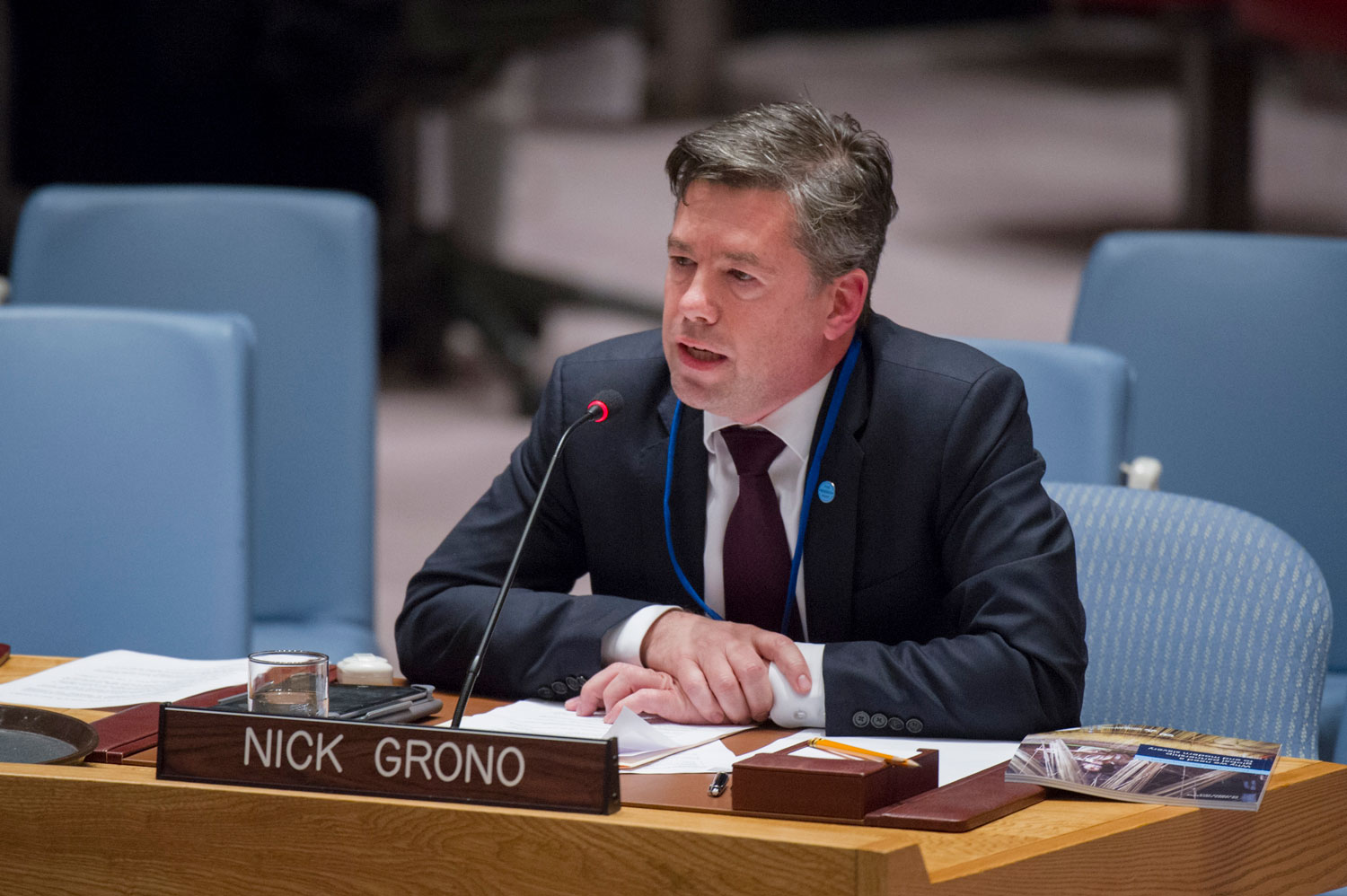
2016
282,221 lives impacted
- Following investigations and advocacy by our partner Environmental Justice Foundation, the European Union extends a formal “yellow card” warning of possible sanctions on Thailand’s seafood industry.
- Increase engagement with US and UK governments. Nick Grono meets PM Theresa May as she calls modern slavery “greatest human rights challenge of our time”.
- Join Legatum Institute to host a convening of global anti-slavery leaders opened by the UK Secretary of State for International Development and the Minister for Home Affairs.
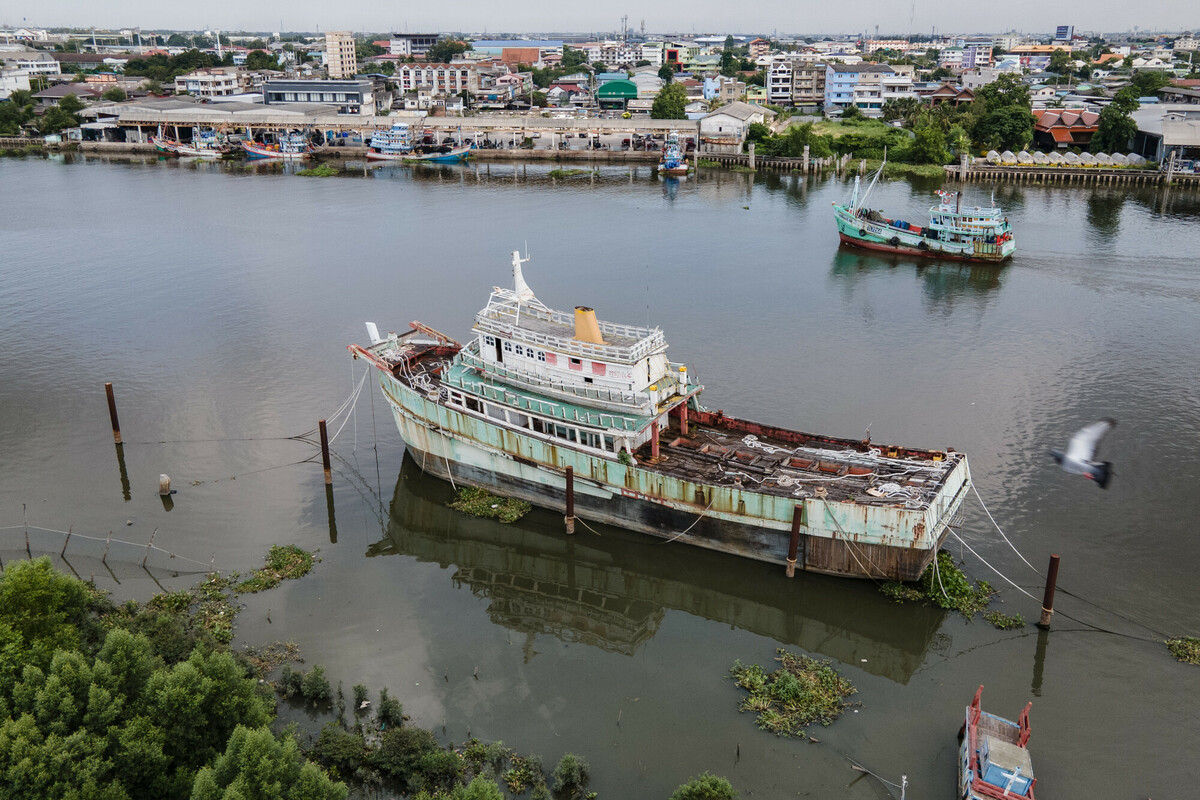
2017
390,663 lives impacted
- Frontline partners in northern India (Uttar Pradesh and Bihar) achieve unprecedented legal successes, recording 13 convictions of traffickers.
- Landmark victory as Thai court sentences six defendants to 14 years in prison for trafficking migrant workers. Partner Human Rights and Development Foundation represents plaintiffs.
- A national level Harawa-Charawa network is formed in Nepal, marking the first formal body representing the specific needs and advocating on behalf of the Harawa-Charawa facing bonded labour.
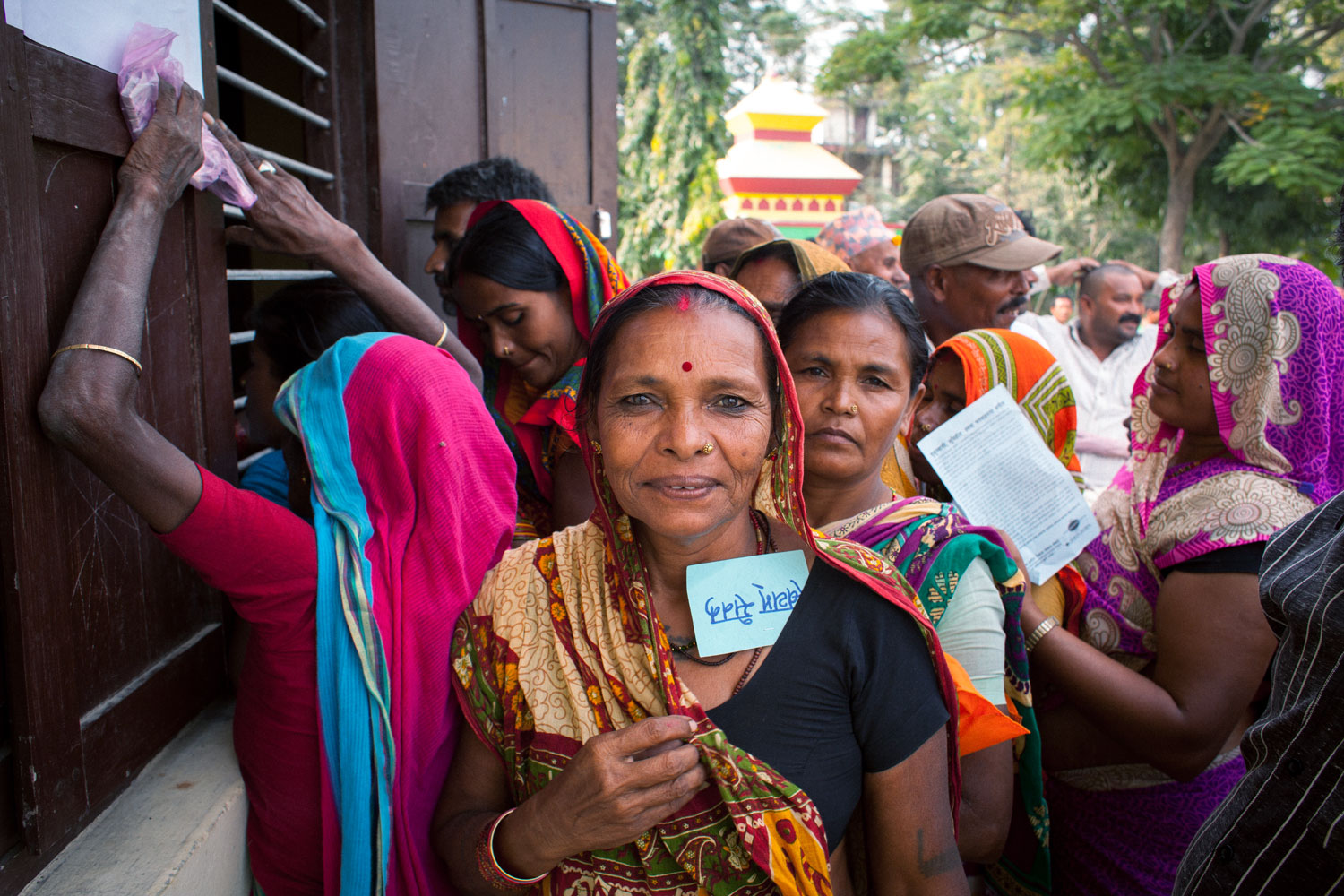
2018
511,400 lives impacted
- Establish Child Labour Free Jaipur Initiative to provide comprehensive interventions to stop child labour in Jaipur, Rajasthan.
- The Harawa-Charawa Network and program partners lead delegations to the Ministries of Labour, Employment and Social Security and Land Management, Cooperatives and Poverty.
- Kathmandu partners successfully advocate for legal changes to prohibit anyone under the age of 18 from entering any Adult Entertainment venue in Nepal.
- After four years of productive partnership, parted ways with Geneva Global and brought 13 hotspot-based advisors in-house, making the Freedom Fund a truly global organisation.
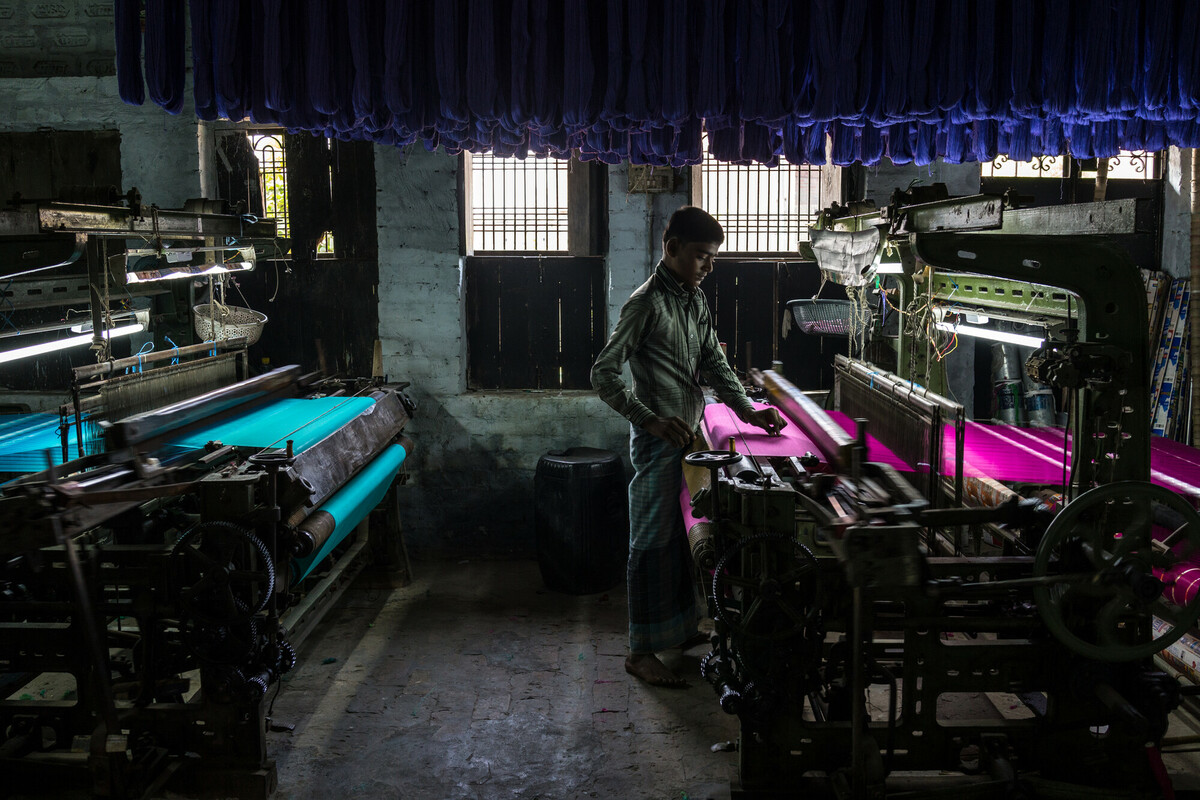
2019
686,468 lives impacted
- Founders Walk Free, Legatum Foundation and Humanity United commit a further $16m to our mission to end modern slavery.
- Multiple independent evaluations find Freedom Fund’s interventions stop abuses, protect workers and change structural conditions to keep families out of bonded labour in northern and southern India.
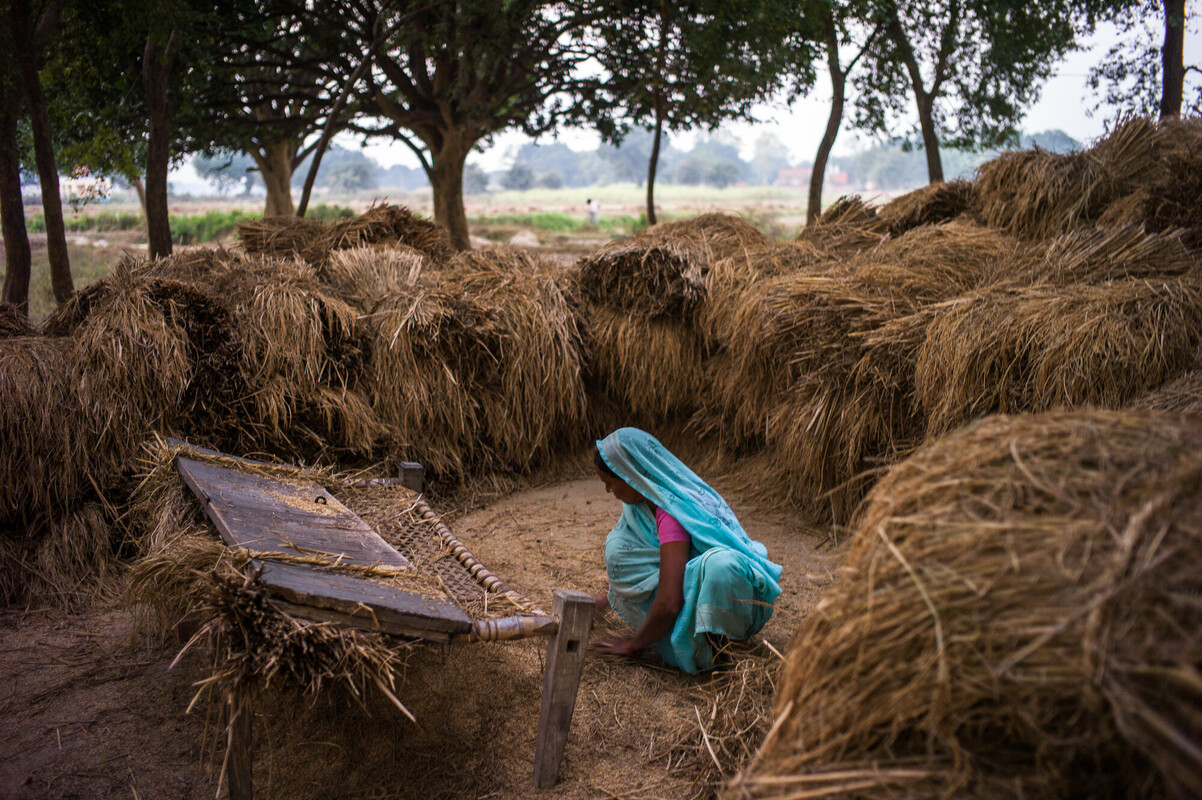
2020
904,807 lives impacted
- Work begins in Recife, Brazil to combat the sexual exploitation of children.
- Establish an emergency fund in response to the covid-19 pandemic that mobilises $2m for immediate funding to frontline partners. The emergency fund directly supports some 230,000 individuals.
- Launch the Freedom Rising leadership program to support a new generation of frontline anti-slavery practitioners, especially women and survivors.
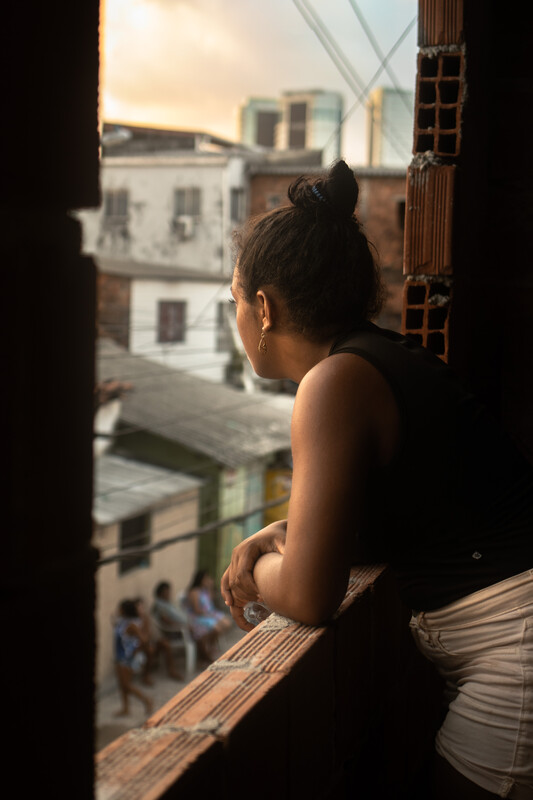
2021
1,282,789 lives impacted
- Launch a $7 million program funded by the US State Dept to combat the trafficking of Ethiopian children and adults for domestic work.
- Launch a hotspot in Bangladesh to address the commercial sexual exploitation of children.
- Receive a transformative gift of $35 million from MacKenzie Scott and Dan Jewett.
- Establish the Survivor Leadership Fund, a fund that aims to get money directly into the hands of organisations led by survivors of modern slavery.
- Launch the Tariff Act Legal Fund designed to curb forced labour in global supply chains.
- Our work impacts one million people.
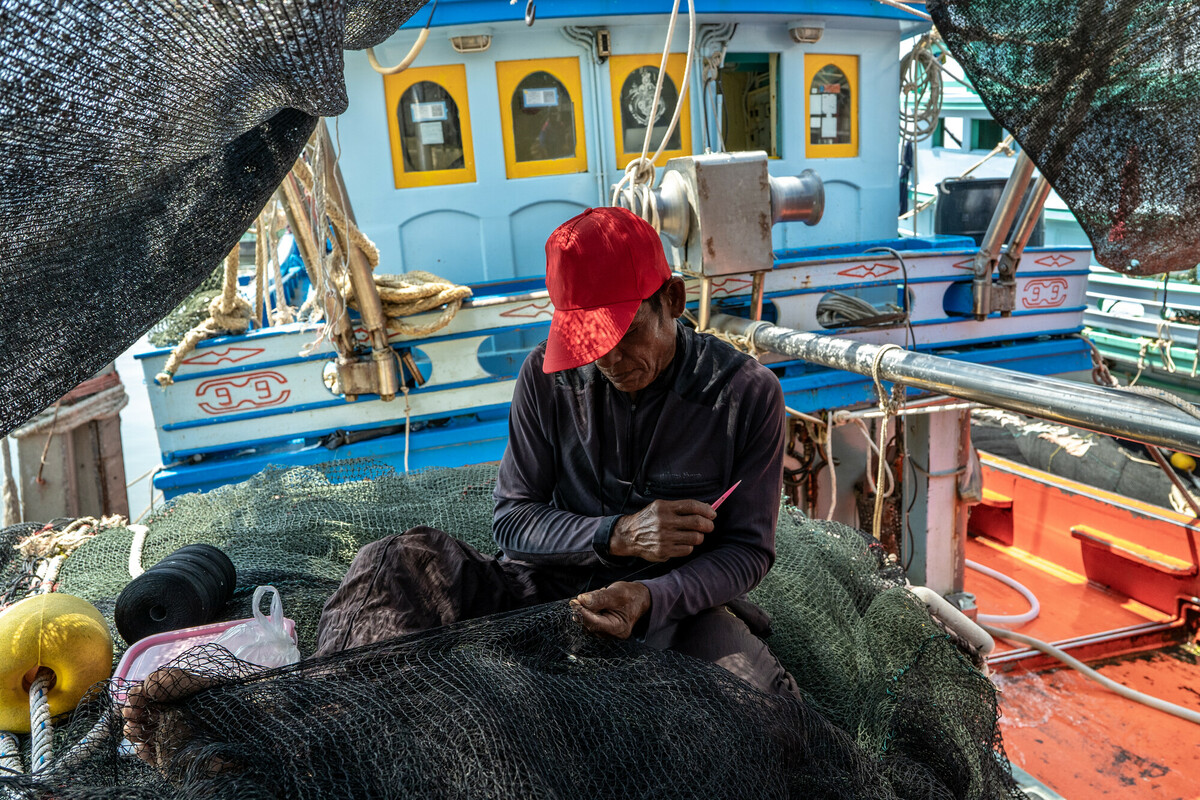
2022
1,512,042 lives impacted
- After years of struggle, the Prime Minister of Nepal announces the liberation of the Harawa-Charawa. Attention turns to the long rehabilitation and support package needed to make the historic announcement a reality.
- Commit to providing a total of $10 million in funding to at least 300 survivor-led organisations by 2030.
- Keystone Accountability, an independent not-for-profit, finds Freedom Fund partners rate it significantly above the global benchmark average as a donor.
- Establish a new hotspot program in Kenya to address exploitative child domestic work.
- Launch a hotspot in Indonesia to address exploitative labour conditions in the fishing industry.
- Having contributed to the liberation of tens of thousands of people, supported hundreds of thousands of vulnerable individuals with direct assistance, and contributed to policy change affecting millions more, the Freedom Fund reluctantly closes its India programs after being blacklisted by the government.
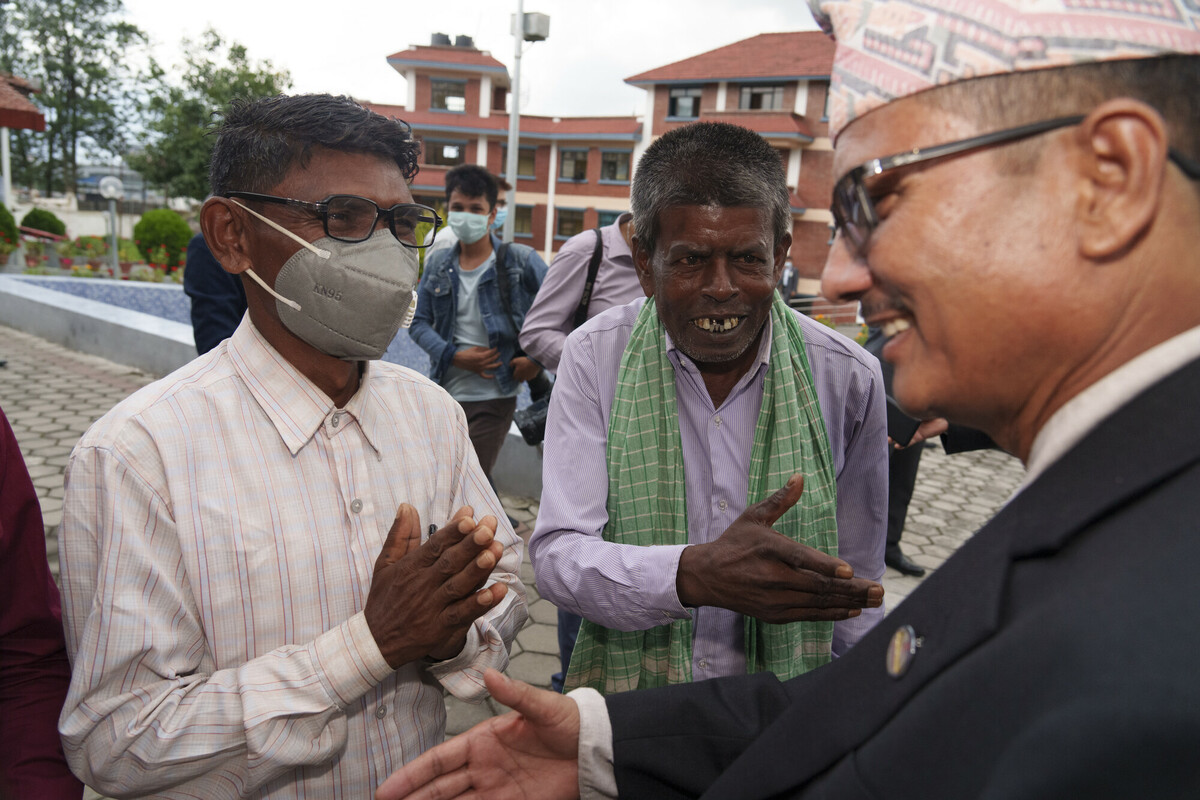
2023
- Began grant-making in Liberia and Nigeria
- Provide first grants in the Amazon region of Brazil, with our first program heavily focused on links between climate and modern slavery.
- Freedom Rising expands to Brazil and Nepal.
- Close the Thailand program after nine years of high impact. Some partners are incorporated into ongoing regional seafood program.
- Lead a landmark new Coalition against Forced Labour in Trade, bolstering Freedom Fund’s position as a leading funder of cutting edge legal tools to address slavery.
- Reach $200m in funding commitments.
